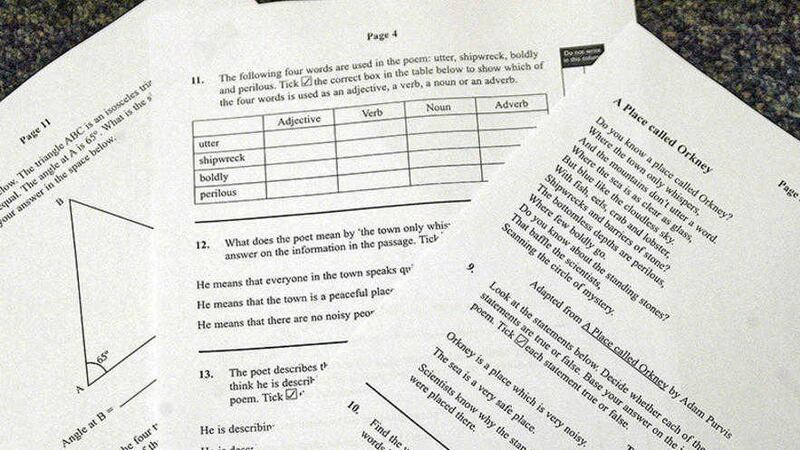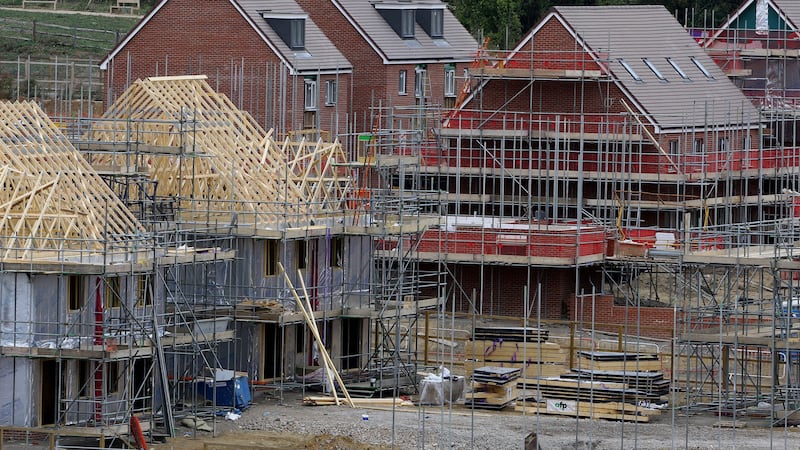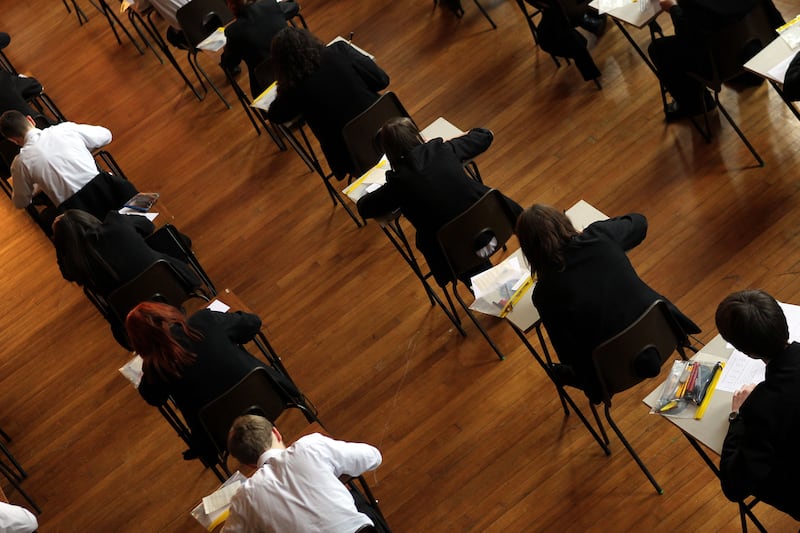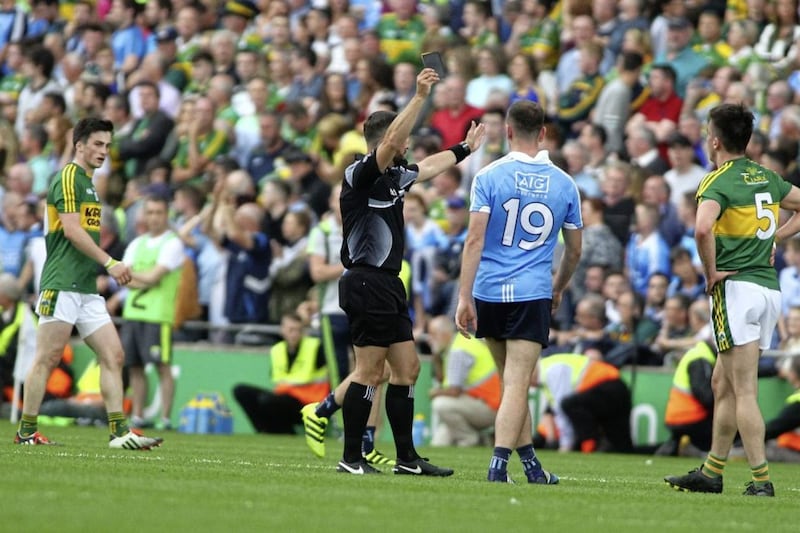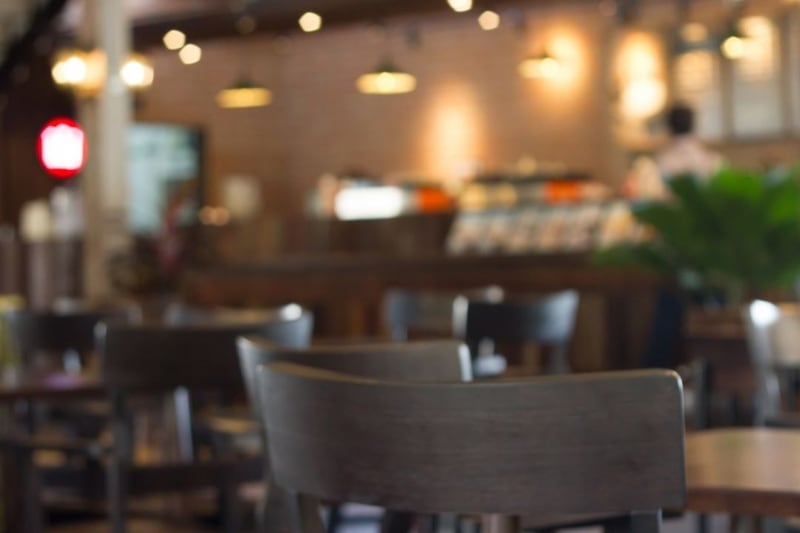THE number of exam cheats being disqualified or docked marks is on the increase, new figures reveal.
An analysis of A-levels and GCSEs show multiple instances of malpractice among pupils - with one disqualified from all their exams.
Statistics from the Office of the Qualifications and Examinations Regulator (Ofqual) highlight the scale of the problem across exam boards in Northern Ireland, England and Wales.
Cheating cases in exams offered by the north's CCEA board remain rare, with penalties issued representing a tiny fraction of the total scripts marked.
Ofqual's figures for exams sat in summer 2014 were published in response to an assembly question by John Dallat of the SDLP.
Penalties for malpractice vary depending on the offence. They can include warnings, loss of marks and disqualification from units, components or entire qualifications.
Those who bring a mobile phone into an exam room, but do not have their phone at their desk might receive a warning, whereas candidates found using a mobile during an exam might be disqualified from the unit or the qualification in that series.
There were 54 penalties issued to candidates in summer 2014, compared with 42 in 2013, a 29 per cent increase. One candidate was disqualified from all their qualifications.
In addition, there were three penalties issued to school/college staff. These were all written warnings. This was down from 2013 when there were eight.
One penalty, also a written warning, was issued to a centre in summer 2014, down from two the previous year.
The comparisons made across 2013 and 2014 are in the context of a 2 per cent increase in entries over that period.
Across Britain and Northern Ireland, six exam boards issued 2,550 penalties during summer 2014.
The most common offence reported was the introduction of unauthorised material into the exam room. The second most common type penalised, as in 2013, was for plagiarism, failure to acknowledge sources, copying from other candidates or "collusion".
Mr Dallat said: "Is the increase in cheating due to pressures to succeed? I suspect it is especially in relation to coursework where teachers may give more assistance than permitted.
"The department and CCEA need to protect the value of exams as employers need to be sure they are not the result of cheating."
A CCEA spokesman said incidents of exam malpractice were relatively low but awarding organisations were not complacent and remained committed to providing a fair system for all students.
"The simple message is that cheating is wrong, it is dishonest and unfair to the vast majority of students and schools who do not partake in such practices," he added.
"Having a robust and secure examination system is essential and CCEA takes any allegation of malpractice very seriously. We analyse data and undertake unannounced inspections in schools and colleges to ensure they are complying fully with the regulations. Trust and integrity are fundamental to delivering the examination system and whistle-blowers are encouraged to raise their concerns."
